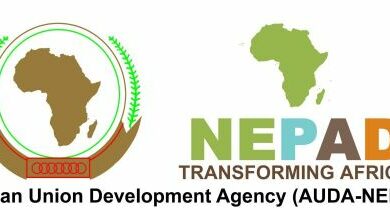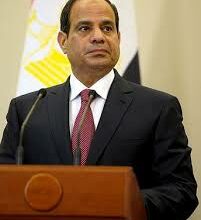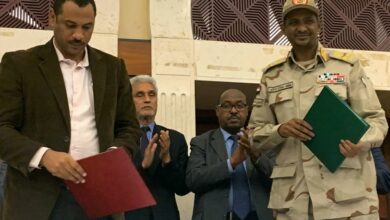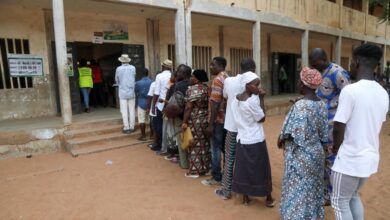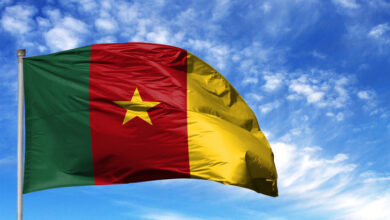World
Washinton Considering Imposing Sanctions On Sudan If Violence Continues
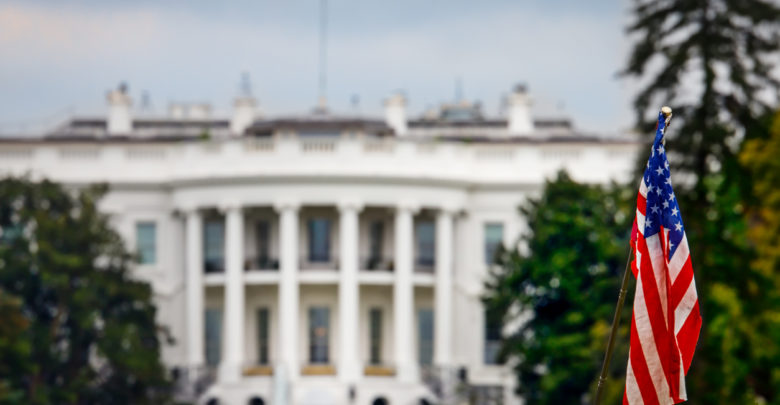
A senior U.S. State Department official on Tuesday said Washington was considering imposing possible sanctions in Sudan if violence doesn’t end in the country after a deadly attack on protesters in Khartoum early this month, reported Reuters.
“We’re looking at all options, including sanctions down the line should there be any kind of a repeat of the violence,” Makila James, deputy assistant secretary for East Africa and Sudan, told a U.S. House of Representatives hearing.
She said the U.S. government might even implement visa sanctions or economic sanctions on Sudan.
“We want to use the right tool and we want to target the right people,” James said.
While addressing the House Foreign Affairs Africa subcommittee, James said Washington believes the best possible outcome in Sudan is an agreement between the military authorities and the opposition Forces for Freedom and Change.
She praised Ethiopia’s mediation efforts and said Washington had made clear that it won’t accept a unilateral military government.
Earlier this month, the State Department appointed a veteran diplomat, Donald Booth, as special envoy for Sudan.
The United States sanctioned Sudan over President Bashir’s alleged support for militant groups and the civil war in Darfur. While Washington lifted trade sanctions on Sudan in 2017, the African country still remains on the U.S. list of state sponsors of terrorism, which prevents it from accessing international funding. The US government says Sudan will stay on the list until the military leaves power.
Sudan is currently facing a political crisis as the military, which came into power after ousting long-time president Omar al-Bashir on April 11, isn’t ready to meet the demand of the civilians.
The military council and the protest and opposition leaders have been wrangling for weeks over the formation of a transitional government. The negotiation talks between the two sides stalled after the security forces stormed a protest sit-in on June 3, killing dozens and prompting concern from world powers.


